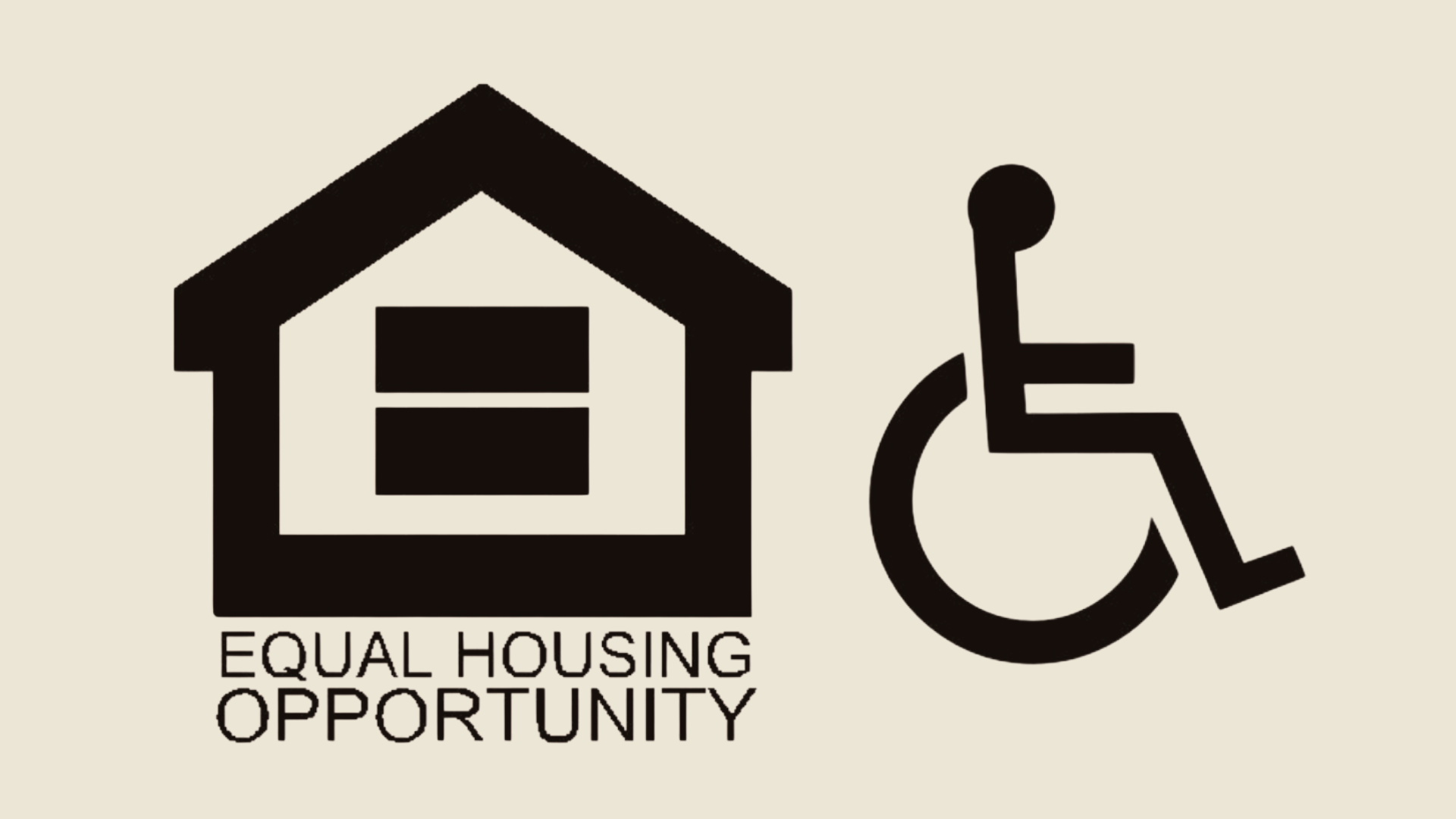
Water Softeners in Arizona Homes: Your Guide to Cleaner Water, Lower Maintenance, and Lasting Value

Arizona is notorious for hard water, which can damage plumbing, appliances, and even skin and hair over time. Installing a water softener is not just a matter of comfort—it’s a strategic upgrade for homeowners, real estate investors, and anyone looking to safeguard their property’s value. By removing excess calcium and magnesium, water softeners help reduce mineral buildup in pipes and fixtures, extend appliance lifespan, and keep laundry and showers gentle.
Left untreated, hard water accelerates wear on water heaters, dishwashers, and washing machines—leading to higher maintenance costs and more frequent replacements. Homeowners often face frustration from spotty glassware, soap scum, and clogged showerheads. The emotional and financial toll of hard water is real, especially for those seeking a “low-hassle” Arizona lifestyle.
Today’s buyers are increasingly savvy, looking for homes that offer both comfort and long-term efficiency. In competitive markets like Phoenix, a quality water softener can make a home more appealing and easier to maintain, often translating to smoother inspections and stronger resale offers.
There are two main types of water softeners: salt-based ion exchange systems and salt-free conditioners. Salt-based units are the gold standard for maximum mineral removal, providing the softest water and greatest protection for plumbing and appliances. Salt-free systems, meanwhile, are low-maintenance and environmentally friendly, helping to reduce scale but not fully eliminating minerals.
Lifespan varies: high-quality salt-based softeners typically last 10–15 years, while salt-free models may last 6–10 years. Maintenance for salt-based units includes adding salt pellets and periodic cleaning; salt-free systems require cartridge changes. Installed costs range from $1,000 to $3,500, depending on capacity and plumbing complexity.
ROI is realized through longer appliance lifespan, fewer plumbing repairs, and increased property appeal. Water softeners compare favorably to other home upgrades for daily comfort and long-term savings—especially in areas with very hard water. Leading Arizona installers report that homes with whole-house softeners often receive higher marks during inspections and fewer “call-backs” for plumbing issues.
Gilbert, Arizona—renowned for its family neighborhoods and top-rated schools—faces some of the highest hard water levels in the state. The city government offers guidelines for water-efficient landscaping and supports residents in adopting water-softening technologies. Local service providers emphasize the importance of professional installation and sizing the system to match household demand.
Many Gilbert homeowners report significant improvements in daily life after installing whole-house softeners—appliances last longer, plumbing remains clear, and maintenance calls drop. Modern systems can also be paired with smart home monitors, alerting owners to low salt levels or leaks and further minimizing hassle.
Are you considering a water softener or already living the benefits? What questions or advice would you offer your neighbors? Please share your experience below—and check back often for more high-impact strategies to protect your Arizona home’s value and comfort for years to come.



